Food labels
Japanese food labels show ingredients, allergens, expiration dates, and nutrition facts. Knowing common terms helps when shopping or eating.

Reading food expiration dates in Japan
In Japan, the expiration date and the consumption date are determined based on the JAS Law and the Food Sanitation Law. While in Japan, have you ever wondered where the expiration date on food product…
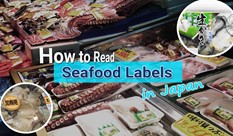
Pick the right fish for your dish - How to read seafood labels in Japan
Expats in Japan often shop at local supermarkets. But unfortunately, the food labels are not in English. Japanese seafood labels are especially difficult to understand and select for your particular d…

Food Additives in Japan: Everything You Need to Know
In a world of pre-packaged food and extensive food processing, trying to stay healthy and largely commit to natural foods can be a difficult task. This is even true in Japan, where ingredient lists an…
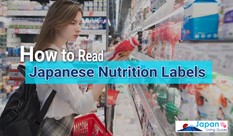
How to Read Japanese Nutrition Labels
Japanese supermarkets, or konbini, along with vending machines offer a variety of delicacies, with eye-catching and colorful packages. However, you may also become particularly aware of the language g…
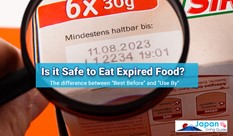
Is it Safe to Eat Expired Food? - The difference between "Best Before" and "Use By"
In Japanese food labeling, there are two types of dates: "消費期限" (Use By) and "賞味期限" (Best Before). These two are significantly different and determine whether food can or cannot be consumed after the…
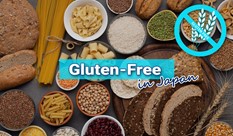
Gluten-Free in Japan: What to Know When Eating Out
This page contains affiliate links. Celiac disease is rare in Japan and gluten-free diets are not broadly known, so there isn’t a widespread understanding of which foods do and don’t include gluten an…
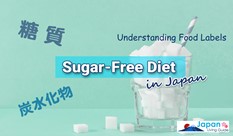
Sugar-Free Diet in Japan: Understanding Food Labels
Committing to a sugar-free or low-sugar diet can lead to a number of health benefits in your life including weight loss, improved energy and mental clarity, lower risk of cavities, and an overall heal…










